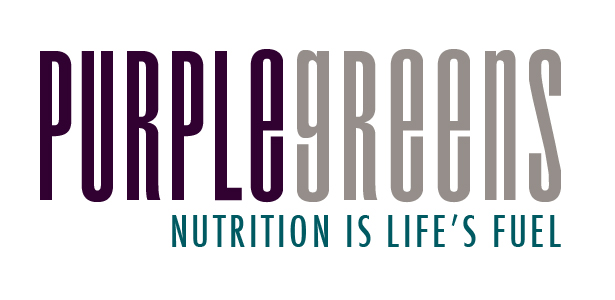Keeping an online food journal can be extremely beneficial for tracking what you eat, how you feel before you eat (hungry, lethargic), how you feel after you ate (lethargic, bloated) as well as how and who you ate with (in front of the TV, with your kids). But, only for a few weeks. As the Wall Street Journal indicates in the article, “New Reasons Doctors Say You Should Keep A Food Journal”, journals are useful for figuring out food allergies and tracking if you ate enough protein and vegetables. However, it’s not as useful for weight loss.
The major downside of online food journals is that it causes people to be obsessed with calorie counting. You may be asking so what’s wrong with this? Below are a few reasons why tracking with online food journals can mislead you and sabotage your weight loss.
- You become obsessed with counting calories -- It’s hard for online food trackers to pinpoint exactly how many calories you need. We all burn calories differently. I could eat the same thing & exercise the same as my neighbor, and she may burn more calories than me. Our genetics and epigenetics play a major role in how we burn calories, so food journals can underestimate (or overeestimate) how many calories we need in a day.
- Many online food journals, don’t subcategorize the macronutrients -- A carb is not a carb. Carbs from fruits and vegetables are metabolized differently in your body than carbs from crackers, noodles or any other processed foods. The same goes for fat. There is a big difference between how saturated fats and unsaturated fats are metabolized.
- It raises your stress level -- Tracking your food constantly is very stressful. It leads to you throwing up your arms and devour an entire pizza out of frustration. A better way is to implement a plate method or a hand method for determining how much you should eat. Education is key to learning portion sizes and food pairing.
- You can’t indicate the time you ate -- In most online food journals, you can’t track the exact time you ate and how you feel after you ate. In some tracking systems, snacks are in one big category. Consuming a high carb snack before bed versus consuming the same snack at 10am in the morning shouldn’t be factored the same to your calorie consumption for the day.
- You stop tracking -- Tracking is like a diet that doesn’t work. Diets, like Weight Watchers and the Atkins Diet are not personalized to what you really need based on your genetics and your lifestyle. In the same sense, online food journals are not personalized to you. This causes inconsistency in your tracking, because like canned diets, tracking doesn’t lead to success.
- Inaccuracy of food labels -- Errors have been found that overestimate calories for foods by over 30 percent (in some cases by 85%) and food manufactures are legally allowed to have errors over 20 percent. For a food that is supposedly only 300 calories, but is actually about 340 calories, those extra calories add up. If you are one to religiously count calories, a miscalculations of 40 calories for one food could raise your daily calorie total by about 240 calories a day, leading to consuming 1680 calories more a week.
